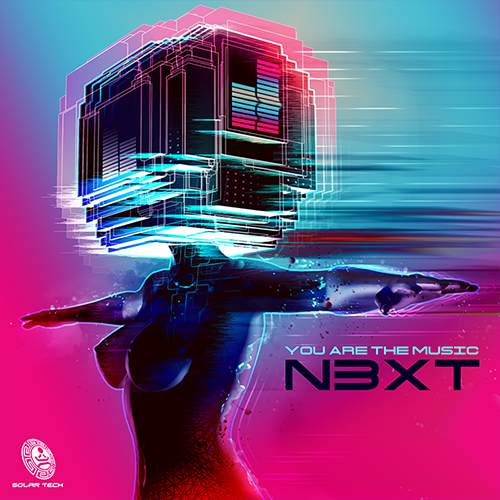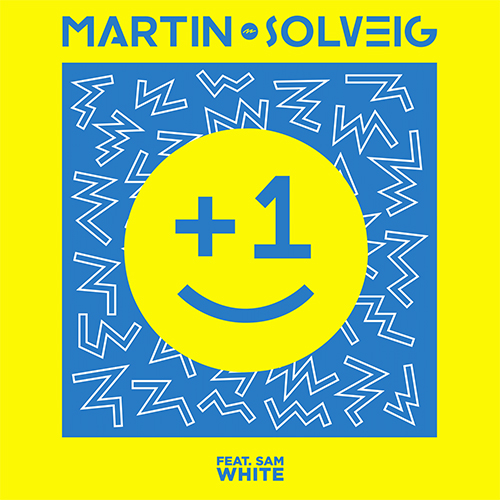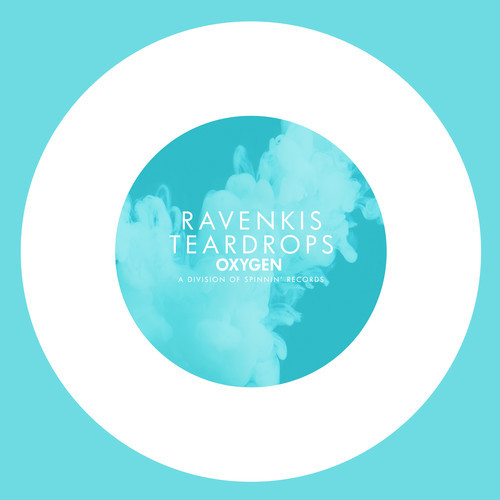-
 play_arrow
play_arrow
Clubalicious Clubalicious Radio
-
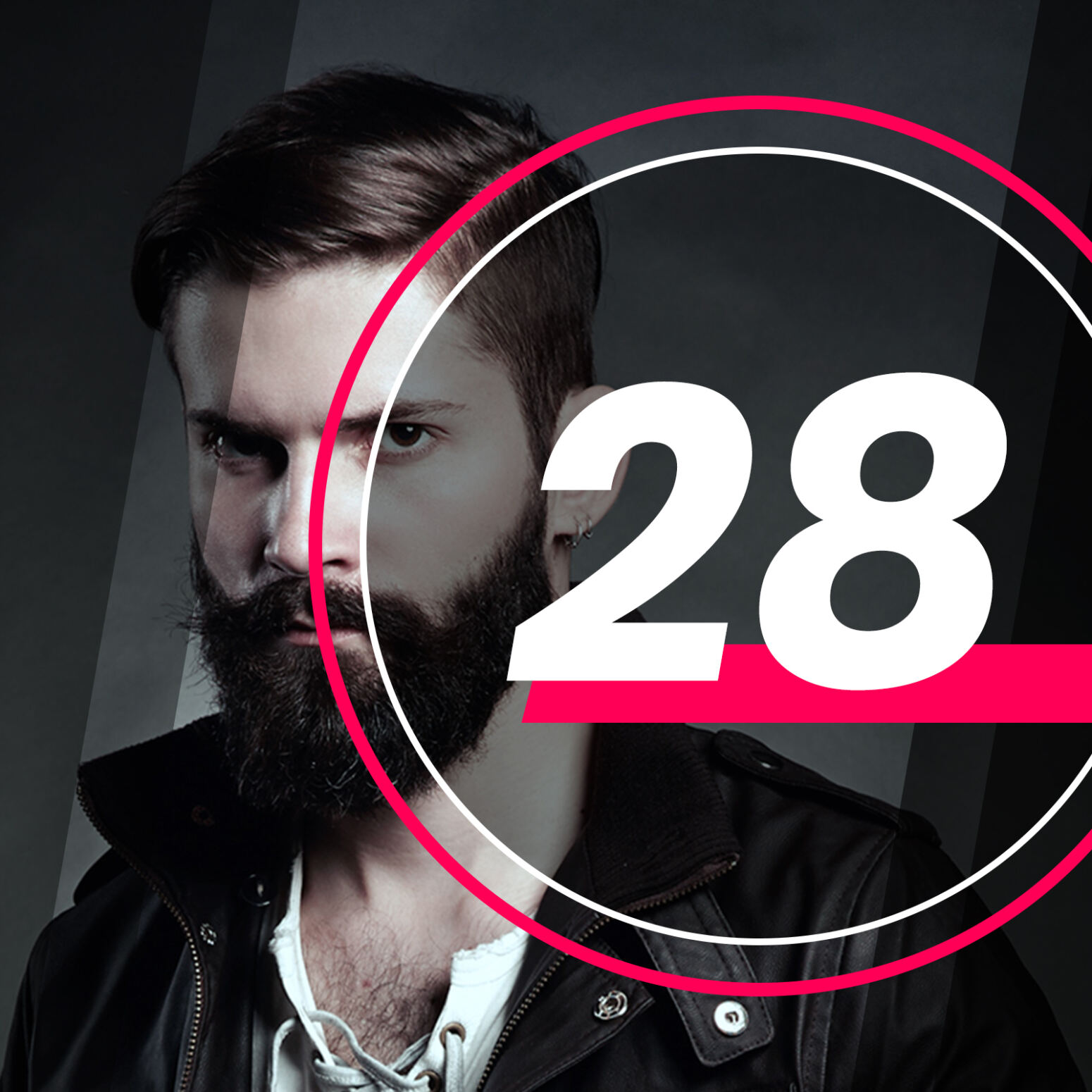 play_arrow
play_arrow
London Calling Podcast Yana Bolder
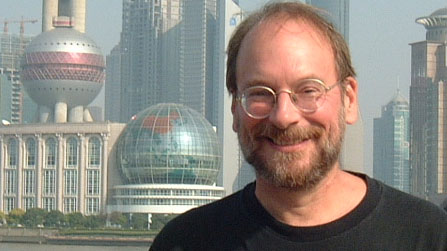

“Today, with the cost of creating content being close to zero, people can share an incredible amount of content.”
With those words, Spotify’s Daniel Ek unleashed a deluge of online reactions. Enraged musicians pointed out that making music requires an investment in software, computers, instruments, mastering, learning the technology and so on. Perhaps more importantly, they placed value on the time and dedication involved in the creative process—not to mention the all-consuming marketing effort needed to create awareness of one’s work.
I don’t think Ek’s comment is totally off the mark. My background is from the era of expensive studio time. Releasing music to the world required a serious financial commitment, and this limited how much product was available. Scarcity and high demand kept prices up, which fueled the record business.
Until 4-track tape recorders appeared, being able to create an album at home, or open a studio, was a fantasy for all but the wealthiest artists. Even then, the costs of promotion and marketing remained. Today, people complain about paying a few hundred dollars for a DAW—yet adjusted for inflation, that’s less than one reel of 2-inch tape that recorded a mere 30 minutes of music. Furthermore, a typical DAW squeezes what used to be a quarter-million-dollar studio into your $1,000-$3,000 computer. Although I wouldn’t say the investment needed to put together a studio is zero, it’s minimal compared to what studio time, let alone a studio, cost prior to the personal computer revolution.
However, there’s also the factor of “but what about all the time, energy, and experience I put into my music, or owning a studio?” Well, a person who decides to invest time and effort into their studio and their art is, indeed, making an investment. Not all investments pay off. If you’d invested in WeWork, you’d have to take the loss, and move on. If people don’t listen to your music or book time at your studio, and you put a lot of money and sweat equity into those endeavors, that simply means you made a bad investment. It happens.
My YouTube channel has what many subscribers think is excellent music, but it’s not designed for mainstream appeal, which limits its audience. I know this, so I don’t put any time and effort into promoting it. Just because people think it’s good music, or because I’ve had musical success in the past, doesn’t entitle me to anything. If I’m not willing to put everything on the line to promote the music I’m making now, that’s my issue. It’s not the responsibility of millions of people to check out, or know about, my YouTube channel.
This isn’t to say streaming isn’t messed up. If I subscribe to Spotify, my money doesn’t reward the people I listen to—which is absurd (note that Deezer is trying to change that). What I pay goes into a big pot, with the money distributed based on which artists stream the most, so most of my money goes to Taylor Swift, Drake, Bad Bunny, the Weeknd and other high-volume streamers. Imagine how weird it would have been if in 1982 you bought the LP of Music for Nine Post Cards by Hiroshi Yoshimura, but virtually all of what you paid went to Michael Jackson because he sold a lot of records that year.
Craig Anderton’s Open Channel: Missing The Point
Also, compared to other streaming services, Spotify doesn’t pay much per stream. Although payments vary based on factors like artist contracts, ChatGPT says the average payment per stream is $0.022 for Qobuz, $0.019 – $0.021 for Napster, $0.013 for Tidal, $0.0064 for Deezer, $0.0056 – $0.0078 for Apple Music, $0.0044 for Spotify, and $0.00402 for Amazon Music. Yes, the three richest companies of that group are the stingiest when it comes to rewarding the artists, without whom their streaming services wouldn’t exist.
I have a fundamental problem with how, starting when Apple encouraged you to put thousands of songs on your iPod, corporations have devalued music solely in the pursuit of higher profits. None of them do anything to create original musical content. They just take what already exists and make money from it. Music used to be revered. Now it’s “consumed.”
You can dedicate your life to becoming an astronaut, but the odds of becoming one are remote—and those odds would be even more remote if 22,000,000 people submitted applications to be an astronaut every year. What are the odds of anyone’s music standing out from the estimated 22,000,000 songs to be submitted to Spotify in 2024 (source: insights.vaizle), let alone the 100,000,000 songs already on Spotify (source: Spotify) that are competing for an audience’s attention?
There’s no point in artists jumping on the victimhood bandwagon that politicians and others love so much these days. Musicians can’t repeal the law of supply and demand. The supply is overwhelming compared to the demand. When that happens in an economic system, there’s deflation, and goods have progressively less value. The value of most recorded music is, to twist Ek’s words in a different direction, “close to zero.”
Well, should we all just give up, and apply to be Wal-Mart greeters? Is it all doom and gloom? I think the solution is hiding in plain sight, so stay tuned for next month’s column. Here’s a hint: History repeats itself.
Written by: Admin
Similar posts
Recent Posts
- 🎶 New Music: JID, OneRepublic, Morgan Wallen, Post Malone, MarkCutz, Kidd Spin + More!
- Classic Tracks: The Fireballs’ “Sugar Shack”
- Classic Tracks: Arlo Guthrie’s “City of New Orleans”
- Classic Track: k.d. lang’s “Constant Craving”
- Classic Tracks: Waylon Jennings’ “Are You Sure Hank Done It This Way”
Recent Comments
No comments to show.Featured post

Latest posts

🎶 New Music: JID, OneRepublic, Morgan Wallen, Post Malone, MarkCutz, Kidd Spin + More!

Classic Tracks: The Fireballs’ “Sugar Shack”

Classic Tracks: Arlo Guthrie’s “City of New Orleans”

Classic Track: k.d. lang’s “Constant Craving”

Classic Tracks: Waylon Jennings’ “Are You Sure Hank Done It This Way”
Current show
Upcoming shows

Stereo Productions
Chus Ceballos
19:00 - 20:00
Hot House Hours
Dave Baker
20:00 - 21:00
Fresh Is Fresh
THIS WEEKS HOTTEST DANCE RELEASES FROM DEE JAY PROMOTIONS
21:00 - 00:00
I Am House
Crystal Waters
00:00 - 01:00
Femme House
Lp giobbi
01:00 - 02:00Chart






